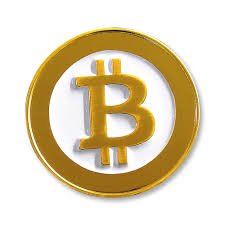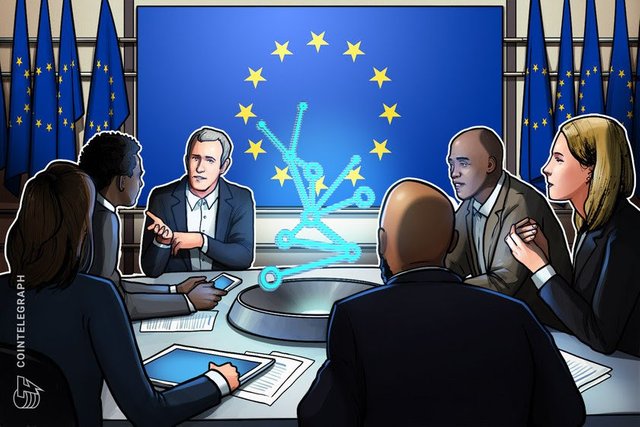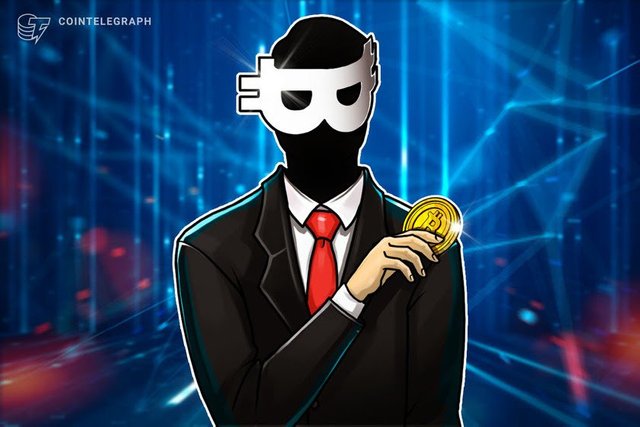Current Popularity of Bitcoin

Source
It's the most popular digital currency on the planet. Bitcoin makes some people rich, really fast. And several large companies are buying. The richest person in the world is now investing 15 billion dollars. What is happening with Bitcoin is that more and more people are learning that it can be trusted. But many big names don't want to come close to that. Bitcoin has no unique value at all, it is basically delusional. So can Bitcoin be trusted? How does it work? And what is the real value of Bitcoin?
LET'S DISCUSS.
There are thousands of cryptocurrencies out of the three but the one that most people talk about is Bitcoin.

Source
It is a digital currency but not the dollar and it is Bitcoin and satoshis and one Bitcoin is worth 100 million satoshis. But unlike the dollar, euro or yen, this currency is not controlled by the government. That's what makes Bitcoin revolutionary. And for some people - a little scary.
It used to be simple. Countries will peg their currency to the gold stored in their central banks. But currency now is just paper, metal or numbers in your bank account and its value is guaranteed by the government. That's why we trust him.
We also trust the banking system to move our money-especially online. So when person A sends 100 dollars to person B, the bank makes sure that the amount is subtracted from one account and added to the other. And banks update their ledgers to make sure people don't spend money they don't already have. And, of course, the bank charges a fee for all transaction verification work. So what if three is the way to cut the bank? Well, that's the original thinking behind Bitcoin.
The idea, posted online in 2008, describes a peer-to-peer version of electronic cash that you can send from one party to another without going through a financial institution. Its creator, uses the name Satoshi Nakamoto.

Source
No one to this day can say who this creator is. What we do know is that the Bitcoin white paper was published about a month after the big crash of the 2008 financial system.
It was a historic day with the way the wall shook to its foundations today. The disadvantages are staggering, fear rises. It is a warning that reveals risky banking practices. Many people have lost everything, including their trust in the financial system. Coincidence or not, Bitcoin appeared at the same time and 10 years later Bitcoin is still running.
So, Bitcoin is not controlled by the government, not a bank or a company. Instead it was open source software running alone - or rather, being run by the missing people. Right here now.
So the first is called cryptocurrency because Bitcoin uses encryption to keep it safe. And instead of a bank account, the person who trades Bitcoin has two keys. One is private and one is public. It's not an actual key but an encrypted snippet of code that matches one another. If person A needs to get Bitcoin to person B, they send it to the public key B. Think of it like the number on an ATM card. Person A uses his private key to encrypt transactions and person B uses his private key to decrypt and get their Bitcoins. The private key is like an ATM card PIN.
Now instead of the bank is verifying that the transaction was carried out by a very large network of computers all over the world. And they all have identical copies of Bitcoin, it's a record of every transaction that's ever been made that is constantly being updated.
So if there is any type of fraud, the entire network knows about it. That decentralized ledger is called a blockchain.

Source
Bitcoin transactions are combined into blocks and linked together. And each block contains a bit of code than the previous one, creating a chronology that shouldn't be possible to mess around with.
All participants on the Bitcoin network agree that this transaction is. What are they and there is a group that witnessed the transaction.
So who are the witnesses? Yes, they are actually so-called miners with high-tech computers.
"This is my mine in my apartment. Below is the '6 GPU RX570' mining rig."
Ordinary miners do everything themselves. Some still do. But Bitcoin is growing. And now it takes a lot more computing power and a lot more energy. So, miners often come together in what is called a pool. Some of them build very large server sheds which are called farms.
The big ones are in China, Russia but also places like Iceland where it is easier to cool those servers.
There is a lot of maintenance involved, there is a lot of technical knowledge involved.
There is also a lot of energy involved. A Cambridge University study says the entire global Bitcoin network uses more electricity than Argentina.
I think people have the idea that it's like gold mining but basically it's more like running, like, the Visa network. It only runs computers that help people transact.
But what's in it for all those miners?
Well, Bitcoin members are not companies so miners don't get a salary to add to the blockchain. Instead, the system rewards them in Bitcoin.
So, transactions are actually circulating on the Bitcoin network like in a waiting room ready to be verified. Miners are looking for new transactiins to combine in blocks. But before they can add blocks to the chain, there's an extra, very unconventional security check. Mining computers have to compete to solve coding puzzles. If a miner solves the puzzle first, the block and all the transactions in it are added to the blockchain and the miner is rewarded with some Bitcoins.
Literally however you slice it up, it's profitable.
Another attraction among crypto enthusiasts is the idea that Bitcoin is seen as a hedge against inflation. Other currencies suffer when, for example, more money is printed, diluting the pool and weakening its value.
Bitcoin solves the inflation problem by limiting its supply at 21 million Bitcoins. Currently around 17 million Bitcoins are in circulation but several million are missing because some people lost their private keys.
So how does all the remaining Bitcoin retain its value? Now, the system slows down that supply. One way is to cut the mining reward in half
four years.
In 2009 the reward was 50 Bitcoins for every block of transactions added to the blockchain. Four years later to 25 and so on. In other words, it is basic supply and demand. Bitcoin supply is limited while demand grows. At least for now.
So more and more people think that Bitcoin can eventually rival gold. But so far the value of Bitcoin against other currencies is far from stable. It goes up and down like crazy.
Bitcoin fell nearly 14%.
Bitcoin is back up about 10% after a turbulent weekend.
Volatility reflects the loss of speculative investment. So in my opinion, speculative investing is thinking about Bitcoin as a get-rich-quick scheme.
One of the big successes is the web which according to PayPal will allow users to buy, hold, and sell Bitcoin. Other actions followed, including Tesla, owned by Elon Musk, which said it would start accepting Bitcoin as payment as well.
It is not yet mainstream but is in the process of becoming mainstream.
But what is it? Not everyone understands or believes him.
Yes, companies like Microsoft, PayPal and Mastercard accept Bitcoin. You can use this to buy gift cards at Nike or starbucks. However, their use is limited.
And while crypto enthusiasts think Bitcoin's value will go higher - perhaps even to the point where one Bitcoin is worth several hundred thousand dollars - others say it's just a bubble.
The only thing speculative, the kind of self-fulfilling awakening. And that rise was entirely driven by manipulation.
There are other problems with Bitcoin too. If something happens wronf - you forget or lose your private key for example - there is no customer service to contact. Another problem is Bitcoin is misused. Criminals love it for being anonymous.
"The 30-year-old man is accused of running a money laundering syndicate that converted nearly 55 billion dollars in cash into Bitcoin."
So the regulator has checked it.
Cryptocurrency is of particular concern. We need to examine ways in which we can limit their use and ensure that anti-money channels are.
In the grand scheme of things, Bitcoin is still a fairly new concept. Some people are silent about taking huge financial risks to pursue potential wealth. Others think it can't be a piece of code worth tens of thousands of dollars. It boils down to trust. Like any currency - for Bitcoin to work, enough people have to buy it.
By @midiagam
Good post
Thank you